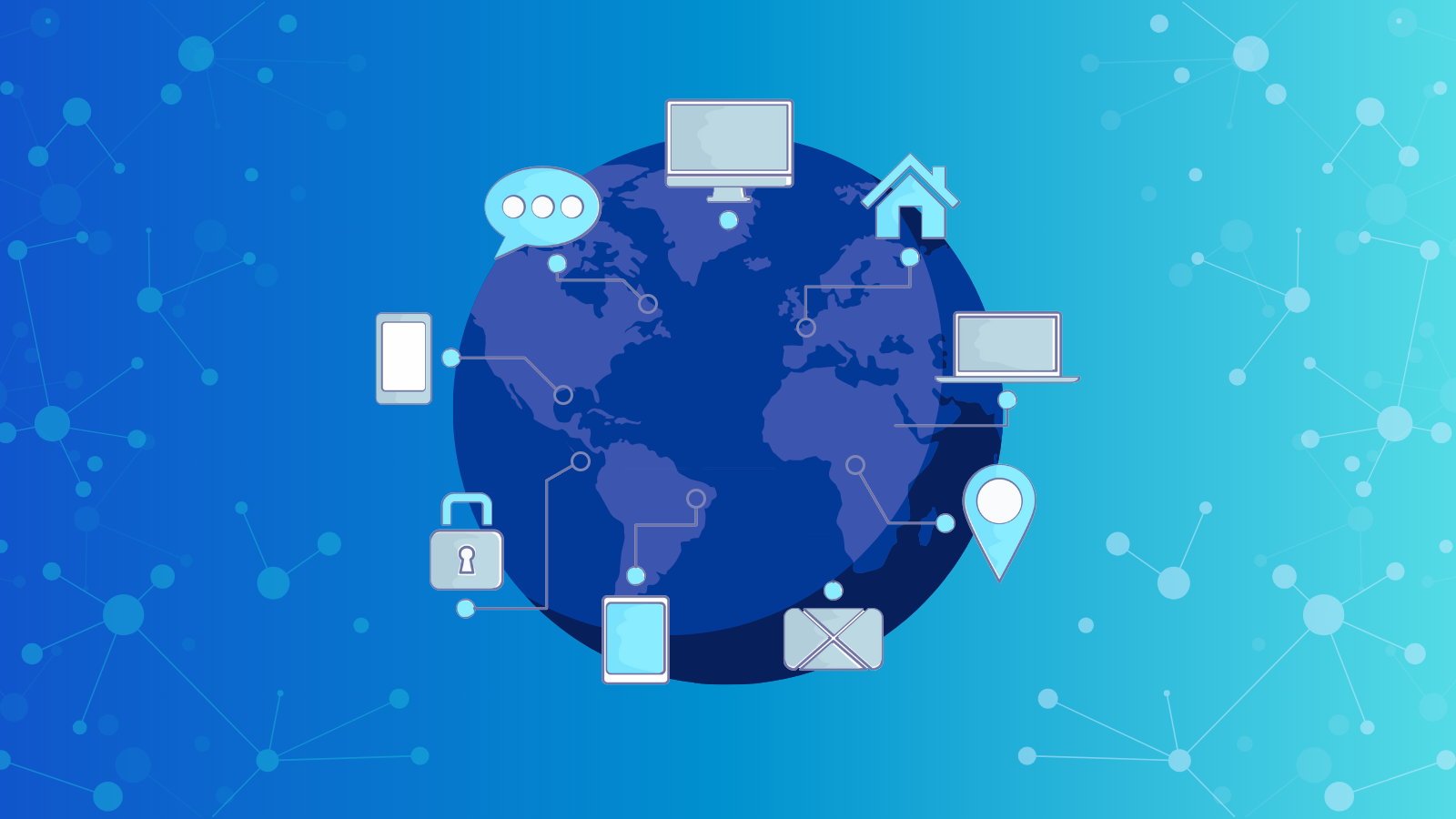Introduction: Power, Responsibility, and the Digital Age
In the modern era, technology giants wield immense power that transcends borders, industries, and even governments. Companies like Google, Facebook (Meta), Amazon, Apple, and Microsoft shape not only markets but also the way billions of people communicate, shop, work, and think. Given this dominance, a provocative question arises: Should these tech giants be the ones writing the rules?
The answer is far from simple. The question touches on themes of governance, ethics, democracy, innovation, and global regulation. As tech companies increasingly influence social, economic, and political landscapes, understanding their role in rule-making is critical to shaping a fair and functional digital future.
The Rise of Tech Giants: From Innovators to Gatekeepers
Origins of the Tech Giants
Most of today’s tech behemoths began as nimble startups driven by innovation and disruption. Google revolutionized search; Amazon transformed retail; Facebook reshaped social interactions; Apple pioneered the smartphone revolution; Microsoft set standards for software productivity.
Their success stories are often celebrated as entrepreneurial triumphs, epitomizing the American dream of innovation and growth. However, as these companies grew, so did their influence, market power, and complexity.
Beyond Products: Platforms as Ecosystems
Today, these companies don’t just sell products—they operate massive ecosystems. Google’s Android controls a significant chunk of the mobile OS market; Apple’s App Store is the gateway to millions of apps; Amazon’s marketplace is a global retail giant; Facebook’s platforms dominate social networking; Microsoft controls enterprise software and cloud infrastructure.
This control extends to users’ data, digital identity, and even public discourse, placing these giants in a position akin to modern-day gatekeepers.
Why the Question Matters: Influence Over Society and Markets
Tech Giants as De Facto Regulators

When companies control the platforms where billions interact, they inevitably enforce rules—whether related to content moderation, privacy policies, marketplace behavior, or data management. For example, Facebook’s content moderation policies shape what information spreads on social media. Amazon’s marketplace rules determine how sellers operate and compete. Google’s search algorithms influence what news and products people see.
In effect, tech companies often set de facto regulations impacting society more directly than many governments.
Challenges of Self-Regulation
Tech companies argue that self-regulation allows flexibility, rapid innovation, and global coordination. But self-regulation raises concerns about conflicts of interest, transparency, accountability, and fairness. How can profit-driven companies be trusted to regulate their own behavior impartially?
These concerns have triggered debates worldwide about the appropriate balance between self-regulation, government oversight, and multilateral governance.
The Arguments For Tech Giants Writing the Rules
1. Expertise and Agility
Tech companies possess unparalleled technical expertise and data insights. They understand the intricacies of their platforms better than any external regulator could. Given the fast-paced nature of technology, governments often struggle to keep up with rapid innovations and evolving threats.
Allowing tech firms to craft rules ensures decisions are informed by technical realities and can be implemented swiftly.
2. Global Reach and Consistency
Tech giants operate globally, crossing borders in ways that traditional regulators cannot easily match. Unified rules created by these companies could provide consistent user experiences worldwide, avoiding the fragmentation caused by divergent national regulations.
This consistency benefits users, developers, advertisers, and partners who operate in multiple countries.
3. Innovation-Friendly Environments
Heavy-handed regulation can stifle innovation, particularly in emerging technologies like AI, blockchain, and augmented reality. Tech companies argue that self-regulation and industry standards enable experimentation while protecting users without constraining growth.
The Arguments Against Tech Giants Writing the Rules
1. Conflicts of Interest and Monopoly Power
Tech giants are profit-driven entities with incentives to prioritize business interests over public good. Their rules may favor their own products and suppress competitors, reinforcing monopolistic dominance.
For example, Apple’s App Store policies have been criticized for disadvantaging rival apps, while Amazon allegedly uses seller data to promote its own products. Such practices harm market competition and consumer choice.
2. Lack of Transparency and Accountability
Unlike governments bound by democratic oversight, tech companies operate with limited transparency. Their decision-making processes—especially around content moderation, algorithmic biases, and data usage—are often opaque.
Users and regulators struggle to hold them accountable for decisions affecting privacy, freedom of expression, and even political influence.
3. Inadequate Protection of Fundamental Rights
Tech platforms affect human rights including privacy, free speech, and non-discrimination. When companies set rules without independent oversight, there is a risk that rights may be compromised in pursuit of growth or political alignment.
Real-World Examples of Rule-Making by Tech Giants

Facebook and Content Moderation
Facebook (Meta) is a case study in corporate rule-making on a global scale. Its policies on hate speech, misinformation, and political content influence elections and social cohesion worldwide.
However, critics argue the company has inconsistently enforced rules, sometimes allowing harmful content to spread or censoring legitimate speech. Its “Oversight Board” attempts to add transparency and accountability, but it remains an experiment in private governance.
Google and Search Algorithm Control
Google’s search algorithm is a powerful tool shaping access to information. Decisions about which results to prioritize impact news, commerce, and public knowledge.
Google has faced scrutiny for allegedly demoting competitors and promoting its own services, raising questions about fairness and transparency in rule enforcement.
Apple and the App Store Economy
Apple’s control over the App Store ecosystem illustrates the tension between platform governance and market power. The company enforces strict rules on app approval, data use, and revenue sharing.
Critics claim this control allows Apple to extract excessive fees and limit competition, prompting regulatory investigations globally.
Regulatory Responses: Can Governments Step In?
National Regulation Efforts
Governments worldwide have taken steps to regulate tech companies, with mixed success:
- The European Union’s Digital Markets Act and Digital Services Act seek to curb monopolistic behavior and enforce transparency.
- The U.S. debates antitrust actions and data privacy laws but remains fragmented.
- Countries like India and Brazil impose content regulations that often clash with platform policies.
Challenges for Governments
- Technical Complexity: Regulators often lack the expertise to craft nuanced rules.
- Jurisdictional Limits: The global nature of tech platforms complicates enforcement.
- Innovation Risks: Overregulation may hinder technological progress.
Alternative Models: Multi-Stakeholder Governance
Recognizing the limits of both corporate self-regulation and government control, some advocate for multi-stakeholder models that include:
- Governments
- Tech companies
- Civil society organizations
- Academia
- Users
Such models aim to create balanced frameworks where diverse interests and rights are considered, and power is shared more equitably.
The Role of Ethics in Rule-Making
Ethical frameworks are crucial for guiding tech governance. Principles like fairness, transparency, accountability, and respect for human rights should underpin any rules.
Tech companies have developed internal ethics boards and guidelines, but critics argue these are insufficient without external validation.
Future Outlook: What’s at Stake?
The question of who writes the rules matters because the digital future is at stake. Will the internet remain open and fair? Will innovation benefit society broadly or just a few powerful players? Will fundamental rights be protected or compromised?
The answer depends on how power is balanced between tech giants, governments, and society.
Conclusion: A Call for Collaborative Rule-Making
Tech giants should not be the sole arbiters of the rules governing the digital realm. Their expertise is indispensable, but unchecked power poses risks to fairness, transparency, and competition.
A future where rules are co-created by multiple stakeholders—including regulators, companies, civil society, and users—offers the best hope for a balanced, innovative, and rights-respecting digital ecosystem.
The challenge is immense, but the stakes—democracy, innovation, and human dignity—are too important to leave to any single group.











































Discussion about this post